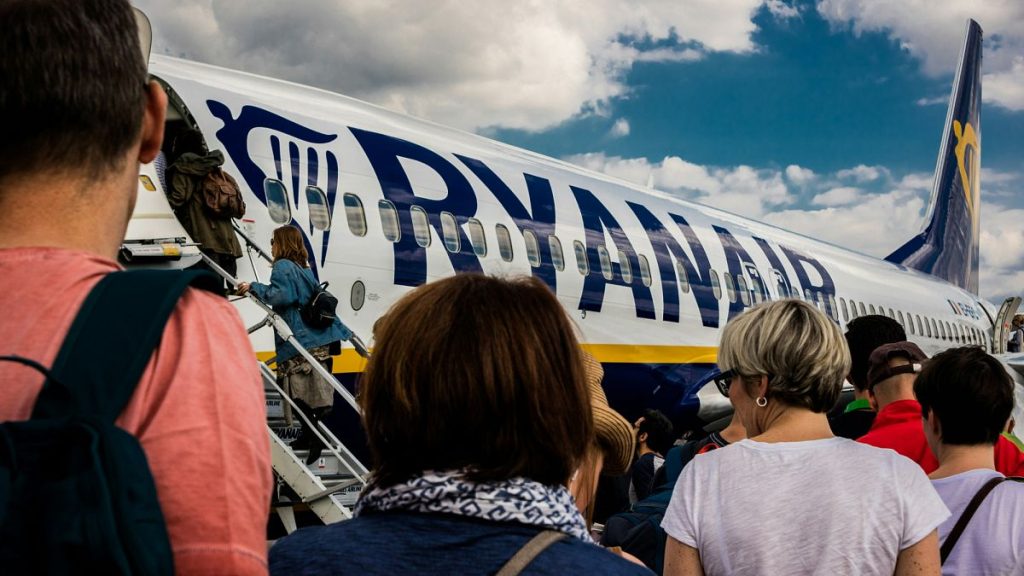Ryanair’s decision to cease operations at Aalborg Airport and close its base in Billund, Denmark, stems from the Danish government’s impending aviation tax and Billund Airport’s perceived lack of competitive long-term agreements. This move will significantly impact Denmark’s air travel landscape, eliminating 1.7 million seats and 32 routes originating from Aalborg, including connections to London Stansted, Edinburgh, and Manchester. Ryanair attributes this drastic action to the government’s “short-sighted” introduction of an aviation tax of up to DKK 50 (€6.70) per departing passenger, slated to take effect in January 2025. The airline contends that this tax will render Danish regional airports “hopelessly uncompetitive” within the European Union.
Ryanair’s core argument revolves around the detrimental effects of the aviation tax on Denmark’s connectivity, tourism sector, and overall economy. The airline highlights the counterintuitive nature of imposing such a tax while other European nations, including Sweden, Italy, and Hungary, are actively abolishing similar levies to stimulate post-pandemic recovery and growth in the aviation industry. Ryanair frames Denmark’s approach as an “anti-growth” strategy that will discourage air travel and negatively impact the nation’s tourism industry.
The heart of the controversy lies in the nature and purpose of aviation taxes. These taxes, levied on departing passengers, are intended to address the environmental impact of air travel. By increasing the cost of flying, governments aim to encourage travelers to consider alternatives and potentially reduce unnecessary air journeys. The revenue generated from these taxes can be utilized to fund environmental initiatives or offset the carbon footprint of aviation. However, the implementation of such taxes often falls on airlines, which must incorporate them into ticket prices, potentially deterring passengers and impacting business.
Ryanair’s response reflects a broader debate surrounding the role of taxation in addressing environmental concerns within the aviation industry. Environmental advocates argue that current measures, including aviation taxes, are insufficient to curb the growing environmental impact of air travel. They propose more stringent measures, such as a Frequent Flyer Levy, to specifically target frequent flyers, often wealthier individuals, who contribute disproportionately to aviation emissions. This levy aims to reduce overall emissions by discouraging excessive air travel among this demographic.
The contrasting perspectives highlight the complex interplay between economic interests, environmental concerns, and government policy. Ryanair, prioritizing its business model and passenger affordability, views the tax as a direct threat to its operations and the Danish aviation market. Conversely, environmental groups perceive the tax as a necessary, albeit insufficient, step towards mitigating the environmental footprint of air travel and advocate for even stronger measures. This tension underscores the challenge of balancing economic growth with environmental sustainability.
The case of Denmark’s aviation tax and Ryanair’s subsequent withdrawal exemplifies the broader challenges facing the aviation industry in the context of climate change. Balancing the competing interests of economic development, affordable travel, and environmental responsibility requires nuanced policy decisions and ongoing dialogue between governments, airlines, and environmental organizations. The outcome in Denmark will likely serve as a precedent for other nations grappling with similar dilemmas, influencing future policy decisions and shaping the future of air travel in a world increasingly focused on sustainability.














